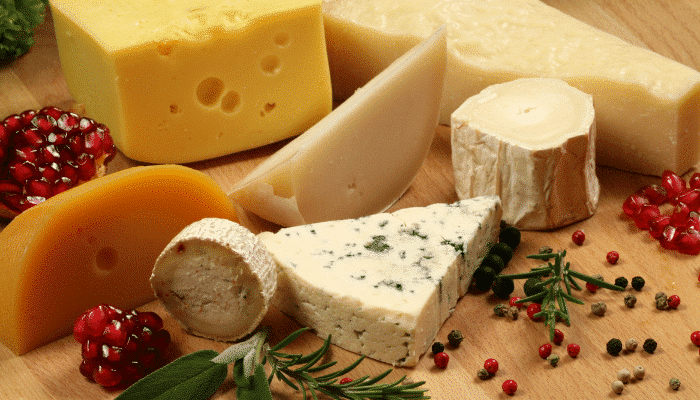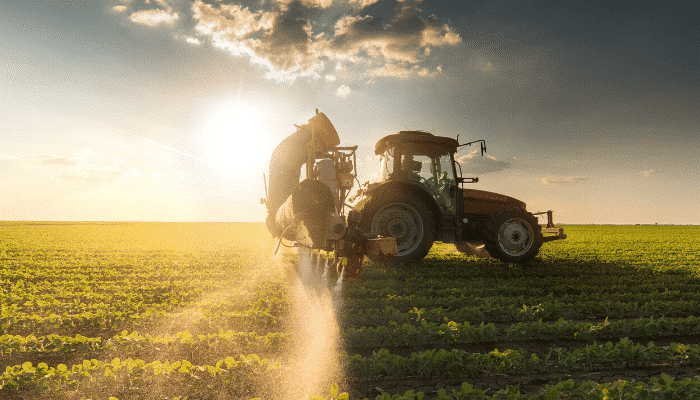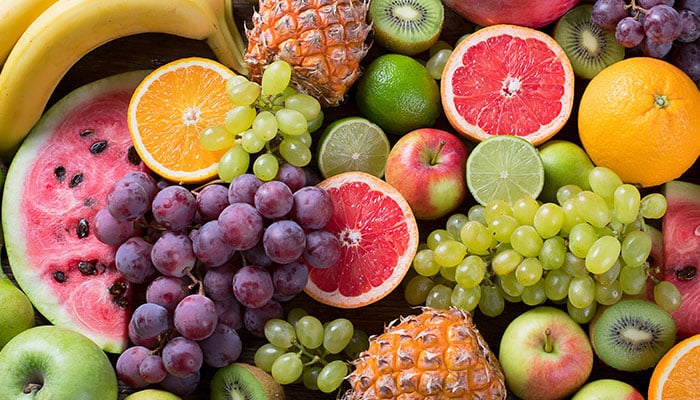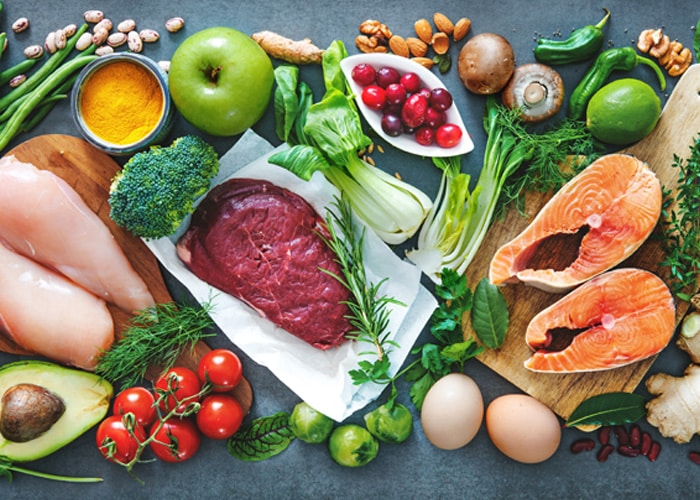
Article réservé aux abonnés


Technical instruction DGAL/MUS/2025-211 aims to review food incidents recorded by the DGAL in 2023. The data recorded covers an eight-month period (from May 1, 2023, to December 31, 2023) due to the reform of the single health policy in early 2023.
The data recorded are as follows:
- National alerts following a message from the RASFF (Rapid Alert System for Food and Feed), when the danger of a product placed on the market is detected outside France;
- National alerts, where the danger of a product placed on the market is detected in France (mandatory recording);
- Local alerts, when the occurrence of non-compliance and the placing on the market concern the same department (mandatory recording);
- Non-alerts relating to hazards detected in the environment or in the products of an establishment, without however dangerous products having been placed on the market (mandatory recording when the event is reported by a professional);
- Non-alerts relating to products placed on the market that do not comply with health regulations but are not recognized as dangerous (registration left to the discretion of the services);
- Food investigations following human cases, with the exception of suspected collective food poisoning incidents (TIAC) managed locally (mandatory registration);
- Other events (recording left to the discretion of the services).
3,354 events were recorded between May and December 2023, an average of 420 per month, broken down as follows:
- 41 RASFF (10%),
- 127 national product alerts (30%),
- 71 local product alerts (17%),
- 144 non-alerts (34%),
- 27 human case investigations
- 11 other cases.
Just over 2% of events relate to animal feed (FEED), and nearly 98% to food (FOOD), of which 60% are foodstuffs of animal origin, 13% foodstuffs of plant origin, and 24% other foodstuffs (compound foodstuffs, foodstuffs intended for specific groups, water, beverages, food supplements, additives, etc.).
The five most frequently recorded hazards are Listeria monocytogenes, Salmonella, Escherichia coli EHEC (STEC), pesticide/biocide residues and various bacteria.
The five most frequently recorded product categories are raw milk cheeses, the “unclassified” category, meat, offal and poultry meat preparations, ready meals or composite products, and fruit, vegetables and mushrooms.
Annex 2 shows the hazard profiles by product category:
- Dairy products: Listeria monocytogenes, Escherichia coli EHEC (STEC) and Cronobacter.
- Meat and offal: veterinary drug residues, Listeria monocytogenes and Salmonella.
- Rabbit, poultry and game meat and products: Salmonella and Listeria monocytogenes.
- Eggs and egg products: Salmonella and metal contaminants.
- Live shellfish: Norovirus, various bacteria and ASP/DSP toxins.
- Whole fish or fish fillets: Histamine, metal contaminants and Salmonella.
- Cereals and bakery products: Datura, pesticide residues and mycotoxins.
- Legumes, oilseeds, and nuts: pesticide residues, foreign bodies, and mycotoxins.
- Fruits, vegetables, and mushrooms: pesticide residues, listeria monocytogenes, salmonella, and metal contaminants.
- Oils and condiments: pesticide residues, other chemical contaminants, mycotoxins, and neoformates.
- Cocoa, coffee, tea, and herbal tea: pesticide residues and mycotoxins.
- Dietary foods and foods for infants: salmonella, cronobacter and listeria monocytogenes.
- Food supplements: novel foods, unauthorized additives and GMOs, and other chemical contaminants.
- Alcoholic and non-alcoholic beverages: novel foods, unauthorized additives and GMOs, nitrites and sulfites, and other authorized additives.
80% of national incidents follow self-monitoring results, 7% follow official controls (national monitoring and control plans, border surveillance, and other control situations), 7% follow human cases, and 6% follow consumer complaints.
Please note that your Phytocontrol laboratory offers these analyses under COFRAC accreditation. You can consult our COFRAC technical appendices No. 1-1904, No. 1-6066 and No. 1-6634 available in your customer area or on the COFRAC website.
Need technical, regulatory, or pricing information? Our customer service team is available from 8:00 a.m. to 6:30 p.m. Monday to Friday on +33 800 900 775 or service-clients@phytocontrol.com.
And to stay up to date with all the latest Phytocontrol news, join us on our LinkedIn page!




